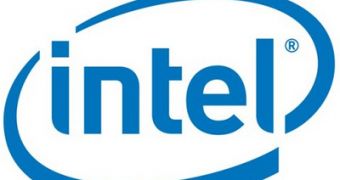Everyone already knows that with great power comes great responsibility. However, what some people may not have yet realized is that with great power also comes a rather large heap of problems. Intel has been learning this lesson for the past several years and, again, it is faced with this grim reality now that it has to deal with yet another antitrust lawsuit, this time on charges filed by the Federal trade Commission.
A quote taken directly from the press release is best suited to clarify the nature of the charges and the actual legal situation in which Intel finds itself.
“The Commission issues a complaint when it has “reason to believe” that the law has been or is being violated, and it appears to the Commission that a proceeding is in the public interest. The issuance of a complaint is not a finding or ruling that the respondent has violated the law. The complaint marks the beginning of a proceeding in which the allegations will be ruled upon after a formal hearing.”
The actual accusations raised against the Santa Clara chip maker in this particular case are not much different from those used in previous antitrust cases, including the one with AMD which finally ended last month. The FTC charges Intel Corp. with having tried to remove CPU manufacturing competitors by running an anticompetitive campaign using threats and rewards aimed at the world’s largest computer manufacturers (Dell, Hewlett-Packard, and IBM). The FTC press release also claims that Intel may have deliberately implemented redesigned key software (compilers) meant to negatively affect the performance of competing CPUs. This, in turn, allegedly enabled Intel to boast that its CPUs could run applications faster, without disclosing the fact that this was mostly due to its compiler design.
"Intel has engaged in a deliberate campaign to hamstring competitive threats to its monopoly," said Richard A. Feinstein, director of the FTC's Bureau of Competition. "It's been running roughshod over the principles of fair play and the laws protecting competition on the merits. The Commission's action today seeks to remedy the damage that Intel has done to competition, innovation, and, ultimately, the American consumer."
Intel has allegedly been employing similar tactics in its efforts to dissuade manufacturers from using GPU chips. The FTC claims that these actions are in direct violation of the Section 5 of the FTC Act, which is more encompassing than the antitrust laws and forbids unfair competition methods, as well as deception in commerce. The Commission seeks to get a ruling capable of preventing Intel from repeating these alleged actions in the future.
The hearing before the Administrative Law Judge is tentatively scheduled for September 15, 2010, at 10:00 a.m.

 14 DAY TRIAL //
14 DAY TRIAL //